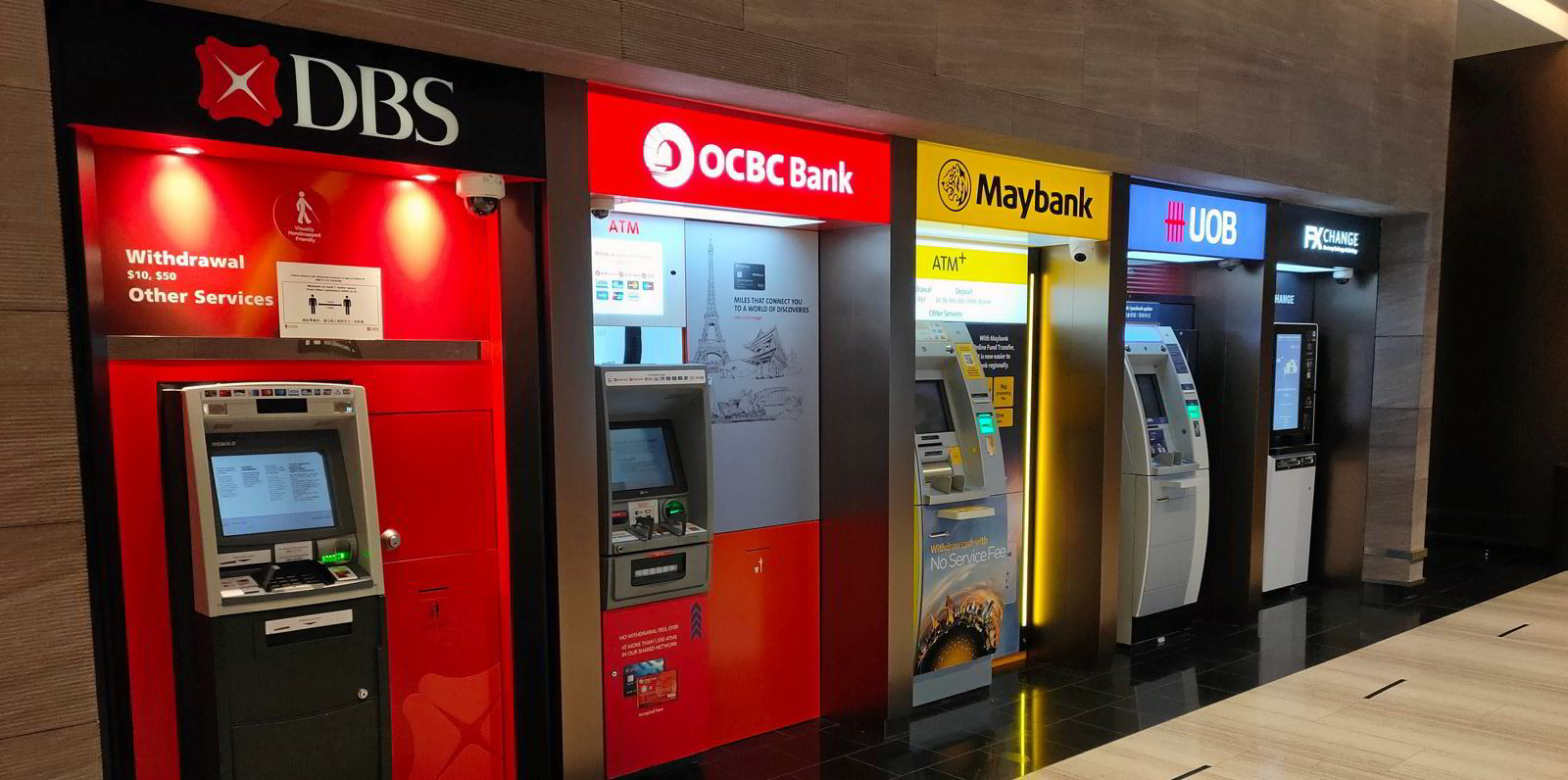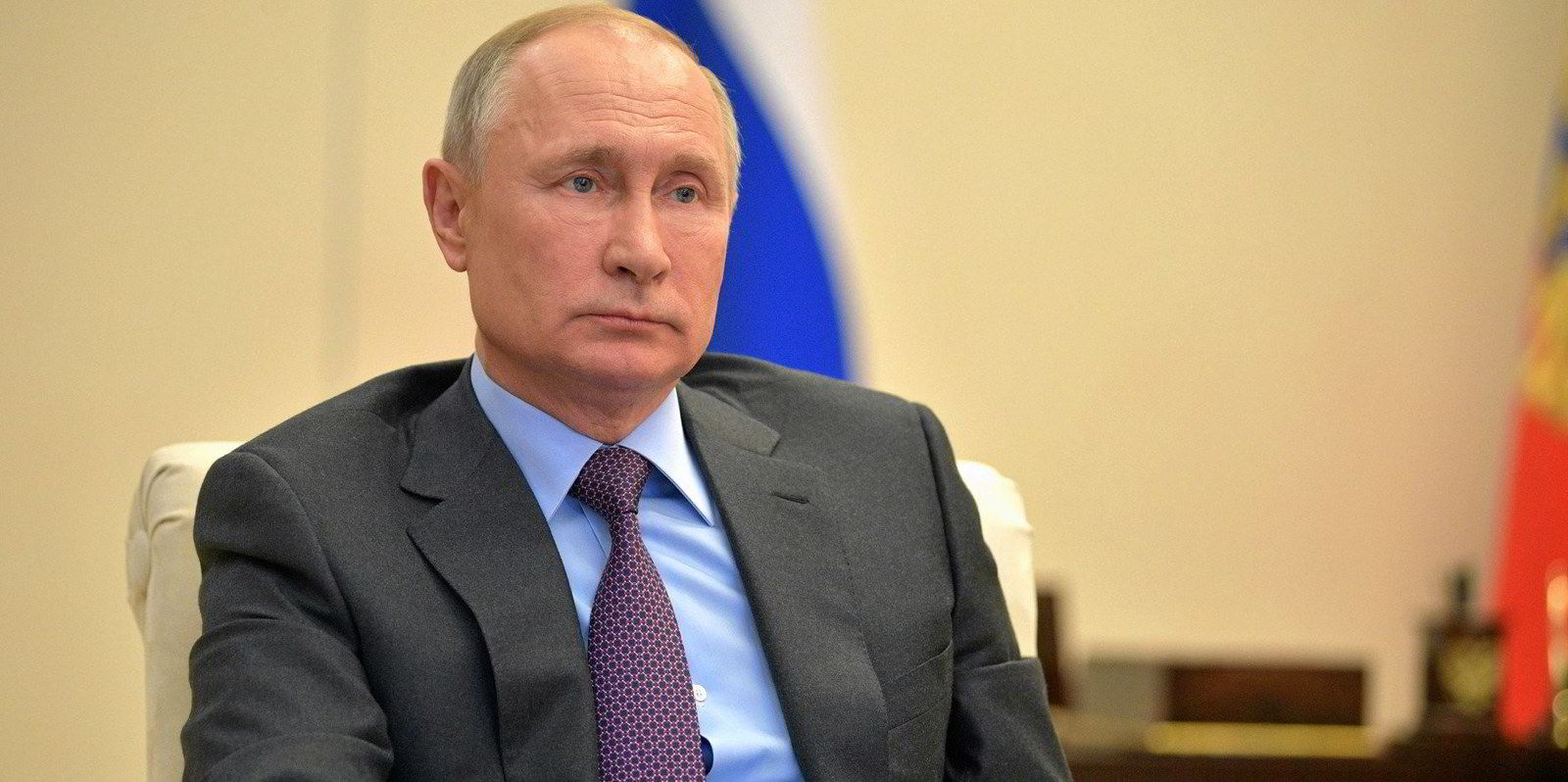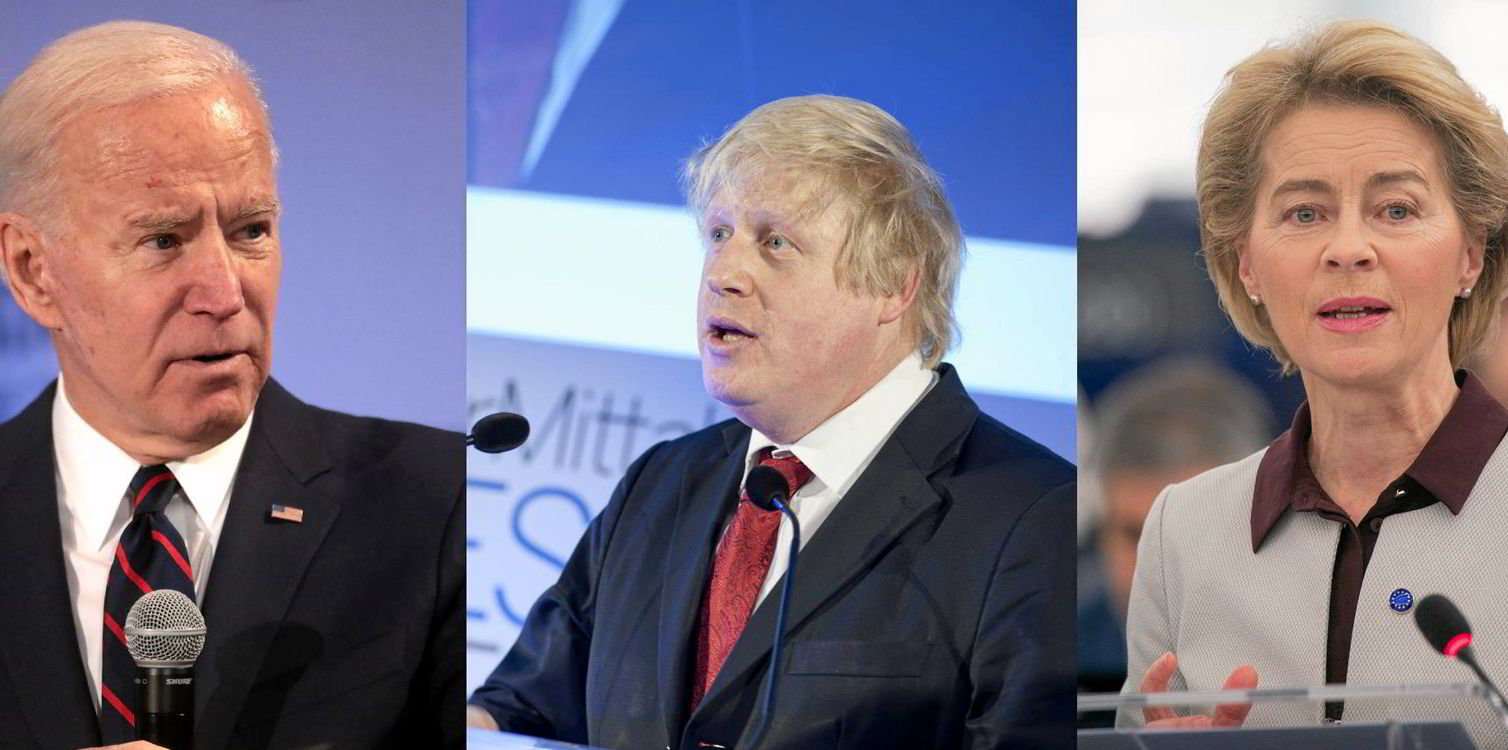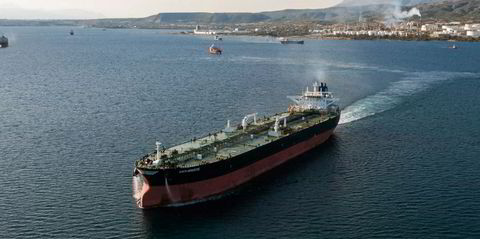Singapore’s largest banks are reported to have introduced restrictions on trade financing for Russian commodities following the invasion of Ukraine.
The move by DBS Group, Oversea-Chinese Banking Corp and United Overseas Bank is said to have been motivated by a desire to reduce exposure to the sanction-hit country.
The limits include a halt on issuing so-called letters of credit in US dollars for trades involving Russian commodities, including oil and LNG, reported Bloomberg, quoting unnamed sources.
The banks are said to have stopped issuing letters of credit involving Russian energy deals because of uncertainty over the course of sanctions, according to the people who asked not to be identified as the information is not public, the news agency said.
Lenders in the city-state, a key trading hub for commodities trade and finance in Asia, join at least two of China’s largest state-owned banks and some banks in Europe in restricting the ability to purchase Russian commodities.
“DBS will comply with all applicable sanctions,” the bank said in response to a request for comment. “Separately, we have minimal direct exposure to Russia, and consistent with our risk management obligations, have adjusted appetite for transactions consuming Russian exposure limits.”
OCBC told Bloomberg in an emailed response to questions: “Our business is predominately in Asia, and our international branches serve mostly our network customers. Our exposure to Russian entities is not significant.”
A UOB spokesman said the bank had “earlier advised a handful of our clients with trade flows affected by potential sanctions to manage down exposure accordingly” without providing further details.
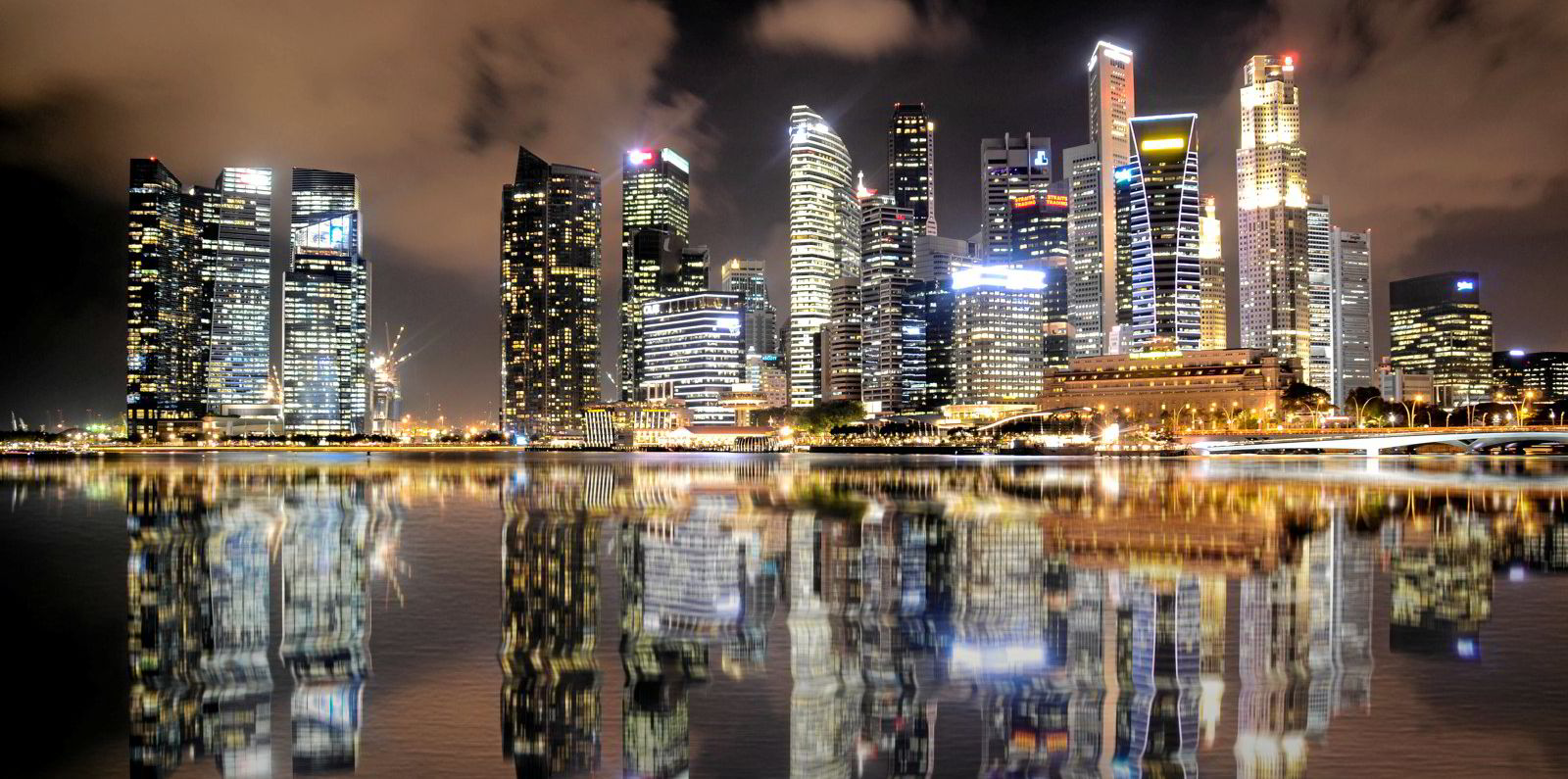
The Monetary Authority of Singapore (MAS), the city state’s regulator, told The Straits Times newspaper Monday that financial institutions in Singapore were aware of the heightened risks and are taking appropriate measures to manage any legal, reputational and operational risks arising from the sanctions imposed by various jurisdictions.
“MAS has sent a circular to all financial institutions (FIs) in Singapore, reminding them to manage any risks associated with the situation in Ukraine and the sanctions imposed by major jurisdictions.
“FIs should also continue to stay vigilant to any suspicious transactions or flow of funds and apply enhanced customer due diligence in higher-risk situations,” the MAS said.
Separately, Singapore said it would impose “appropriate sanctions and restrictions” against Russia in the wake of its invasion of Ukraine, although details are still being worked out.
“Singapore has always complied fully with sanctions and decisions of the UN Security Council, but we have rarely acted to impose sanctions on other countries in the absence of binding Security Council decisions or directions,” said Singapore’s minister for foreign affairs Dr Vivian Balakrishnan.
“However, given the unprecedented gravity of the Russian attack on Ukraine, and the unsurprising veto by Russia of a draft UN Security Council resolution, Singapore intends to act in concert with many other like-minded countries to impose appropriate sanctions and restrictions against Russia.”
Balakrishnan said Singapore would impose export controls on items that can be used directly as weapons in Ukraine to inflict harm or to subjugate the Ukrainians.
He added that Singapore will also block certain Russian banks and financial transactions connected to Russia and that specific measures were “being worked out and will be announced shortly”.
“We must expect that our measures will come at some cost and implications on our businesses, citizens and indeed, to Singapore,” said Balakrishnan.
“However, unless we as a country stand up for principles that are the very foundation for the independence and sovereignty of smaller nations, our own right to exist and prosper as a nation may similarly be called into question one day.”
